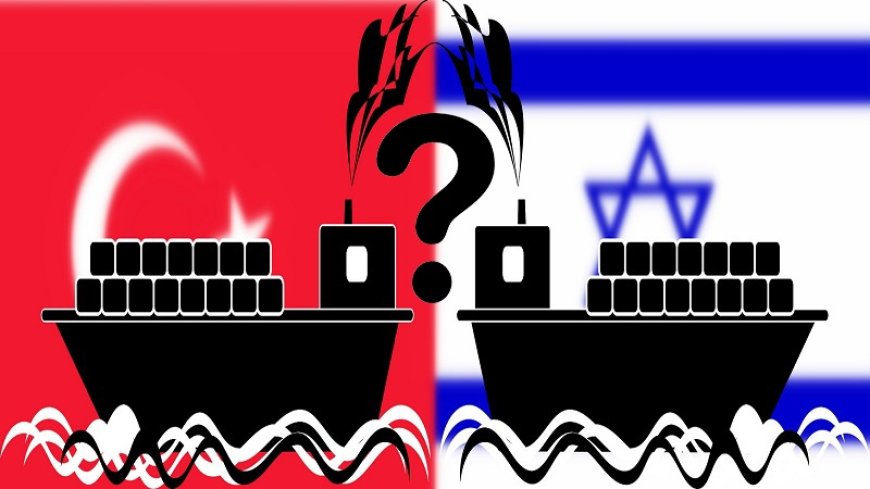Turkish Goods Flow to Israel via Greece Despite Ankara's Trade Suspension

Despite Ankara's announcement of a trade halt with Israel over its actions in Gaza, Turkish goods continue to reach Israeli markets through third-party channels, particularly Greece. This revelation comes amidst ongoing tensions and international scrutiny of Israel's military operations in Palestinian territories.According to reports from Middle East Eye, trade data from Israel's Central Bureau of Statistics indicates that in May 2024, Israel imported goods worth $116 million from Turkey. This figure represents a significant decline of 69% from the previous year's $377 million, reflecting the impact of Ankara's partial trade embargo.
Business sources cited by Middle East Eye confirmed that since May 2024, Turkish products have been rerouted through Greece and possibly other countries to reach occupied territories, circumventing Ankara's intended economic sanctions against Israel.
The trade continuation contrasts sharply with Turkey's public stance. Ankara officially announced a cessation of all trade with Israel until a permanent ceasefire is established in Gaza, condemning what it perceives as Israeli atrocities against Palestinians.
Turkey, historically the first Muslim-majority country to recognize Israel, established bilateral relations in 1949, which expanded over decades to include cultural, commercial, and at times, military cooperation. President Recep Tayyip Erdogan's visit to the grave of Theodor Herzl, the founder of Zionism, in the Occupied Palestinian Territories underlined Turkey's complex relationship with Israel.
Since October 7, 2023, Israel's military actions in Gaza and the West Bank have drawn condemnation and calls for restraint from global quarters, including Western allies who traditionally support Israel. The ongoing conflict has heightened tensions across the region, impacting diplomatic relations and economic ties.
As Turkey grapples with internal and external pressures regarding its stance on Israel, the flow of goods through indirect channels underscores the challenges of implementing effective economic sanctions in a globalized trade environment. The situation continues to evolve amidst broader geopolitical dynamics and regional stability concerns.













































